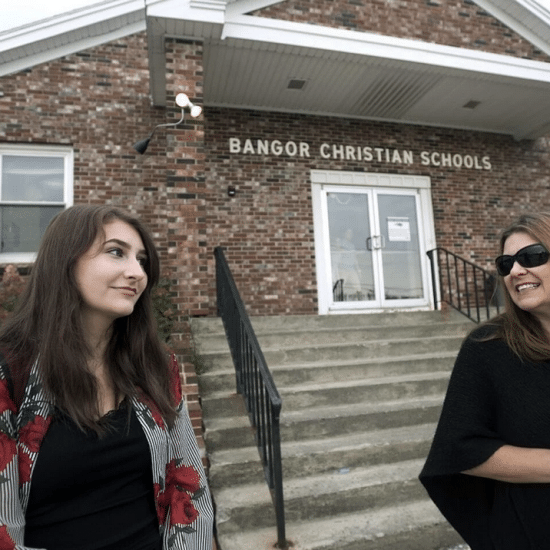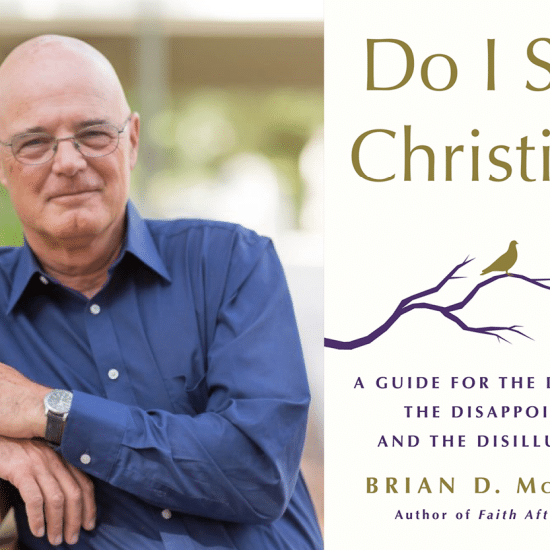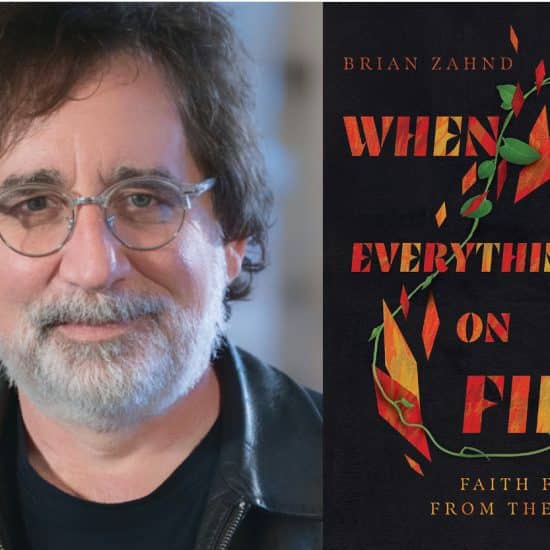In an overview of a seven-year study, the University of California at Los Angeles' Higher Education Research Institute concluded: "It is our shared belief that the findings provide a powerful argument for the proposition that higher education should attend more to students' spiritual development, because spirituality is essential to students' lives."
The study (spirituality.ucla.edu), conducted from 2003-2010, included 14,527 students at 136 colleges and universities. It defined spirituality and religion in broad terms and developed five broad qualities in both the spiritual and religious realms.
Study coordinators Alexander Astin, Helen Astin and Jennifer Lindholm focused on social justice in their conclusion. "Assisting students' spiritual growth will help create a new generation who are more caring, more globally aware and more committed to social justice than previous generations, while also enabling students to respond to the many stresses and tensions of our rapidly changing technological society with a greater sense of equanimity," they wrote.
Missouri's state-supported colleges and universities also recognize the role faith plays in the students' lives. "We recognize that…most of our students bring a religious affiliation with them when they come to campus," noted Dennis Holt, Southeast Missouri University vice president for enrollment management and student success and dean of students.
Missouri State University's Associate Dean of Students Mike Jungers agreed, noting that faith "plays a very important role on campus for very many people, both university employees and students."
State-supported institutions also are aware of free speech and separation of church and state issues and try to balance opportunities for faith expression with those issues.
"For most of us, spirituality is woven into the fabric of who we are and who we aspire to be. Our place of employment or course of study does not dampen our beliefs," Jungers added.
"As employees, it would not be appropriate for us to use our positions to attempt to influence students or fellow employees to hold particular religious beliefs. However, if silent prayer could be heard, I imagine the collective sound would be deafening at any time of day."
Some institutions offer a major or minor in religious studies, which compares religions or deals with religious principles rather than promoting a particular faith.
Several state-supported universities and colleges deal with free-speech issues by providing a venue for students, faculty, staff and even outsiders to air their beliefs and respond to questions and opposing views. For example, the University of Missouri-Columbia and SEMO provide a specific outdoor spot on their campuses. Both require speakers to avoid proselytizing and to maintain civility.
Most institutions allow religious organizations — including Baptist Student Ministries and other denominational groups. Other religions, such as Islam or Buddhism, also are represented. Depending upon the campus, students may find an organization for Wiccans or atheists. Recognized student faith-based organizations often are granted access to campus space for activities or worship.
Several schools have an administrative committee or organization to liaison with religious groups. A staffer from the student affairs office at MU in Columbia attends meetings of the Association of Campus Religious Advisors as a liaison. Cathy Scroggs, MU vice chancellor for student affairs, attends at least once each semester. Missouri State has a Campus Ministers Association.
Most Missouri universities and colleges generally do not host religious events but do allow religious groups and churches to participate in welcoming activities at the beginning of the academic year. And many, such as Missouri Western State University, allow outside religious groups access to campus venues, some free and some for a fee.






